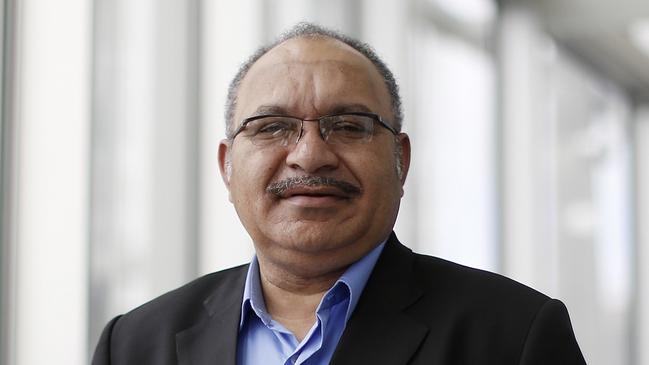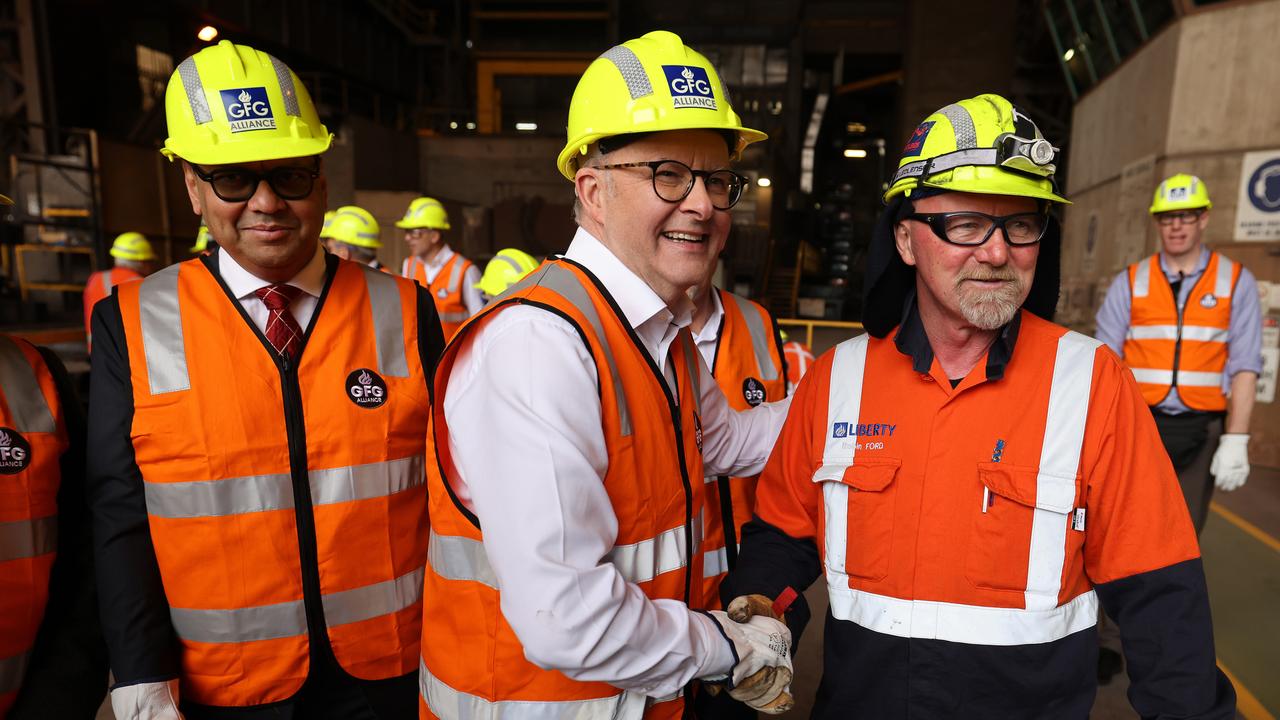Flip-flopping O’Neill clings to PNG power
Papua New Guinea Prime Minister Peter O’Neill was yesterday hanging on to power.

Papua New Guinea Prime Minister Peter O’Neill was yesterday hanging on to power — a day after he announced his resignation — initiating Supreme Court proceedings ahead of opposition attempts to remove him.
The move followed a statement from his nominated successor, Sir Julius Chan, declaring there had been “a huge misunderstanding”, and he was not seeking to become prime minister.
Mr O’Neill told a media conference in Port Moresby on Sunday that recent moves against him, which saw a surge in defections from his ruling coalition, had shown a “need for change”.
In an about-face yesterday, he said he wanted the court to “ensure clarity of constitutional and legal processes” around a looming vote of no confidence, which the opposition has the numbers to win. “These applications are necessary to prevent any legal motions that are an abuse of integrity laws and the constitution,” he said.
A spokesman for Mr O’Neill said yesterday the Prime Minister would not hand his resignation to the Governor-General until the court process was complete.
The latest political manoeuvrings coincide with rumblings in the opposition camp over the role of one of the country’s most pro-China MPs, William Duma, who emerged as a potential kingmaker last week when he shifted his 12 votes away from Mr O’Neill.
The United Resources Party head is a key backer of the Chinese-funded $1.25 billion Ramu Two hydro project, which the state-funded electricity company rejected as too expensive.
Mr Duma was also a key supporter of a $136 million Huawei internet cable connecting 14 PNG provinces — which broke in four places in a recent earthquake — despite attempts by the Australian government to fund it through the aid program.
One opposition MP told The Australian there were “some reservations on our end” about accepting Mr Duma’s support. Another said: “We have no choice but to accept these people.”
Mr Duma said yesterday he was “not a one-eyed pro-China person” and was concerned only with ensuring the delivery of already-negotiated contracts.
“I would defend any properly negotiated contract whether it be with a Chinese company or an Australian company. It is about honouring your commitments and agreements,” he said.
Lowy Institute Pacific program fellow Shane McLeod said Mr Duma became a key player in the move on Mr O’Neill when he shifted his numbers from Mr O’Neill on Friday. “Duma has been one of the quiet figures throughout this political drama and switching sides at the last minute seems to have been the decisive factor in forcing O’Neill’s hand,” he said.
Mr McLeod said the latest legal wrangling over the prime ministership was a well-worn tactic in Papua New Guinea.
“Peter O’Neill has history of using court references to try to resolve these matters, while PNG political process tends to involve the courts at these moments of high conflict,” Mr McLeod said.
“It can get very complicated very quickly. It looks like he is holding on so he can control the political process.”
His resignation could affect the future of a $16bn LNG contract with Australian-listed Oil Search, which the opposition had vowed to review.
Australia’s relationship with PNG is one of the nation’s most important, with successive governments fretting over the possibility of an unstable and potentially disintegrating state on its northern border.



